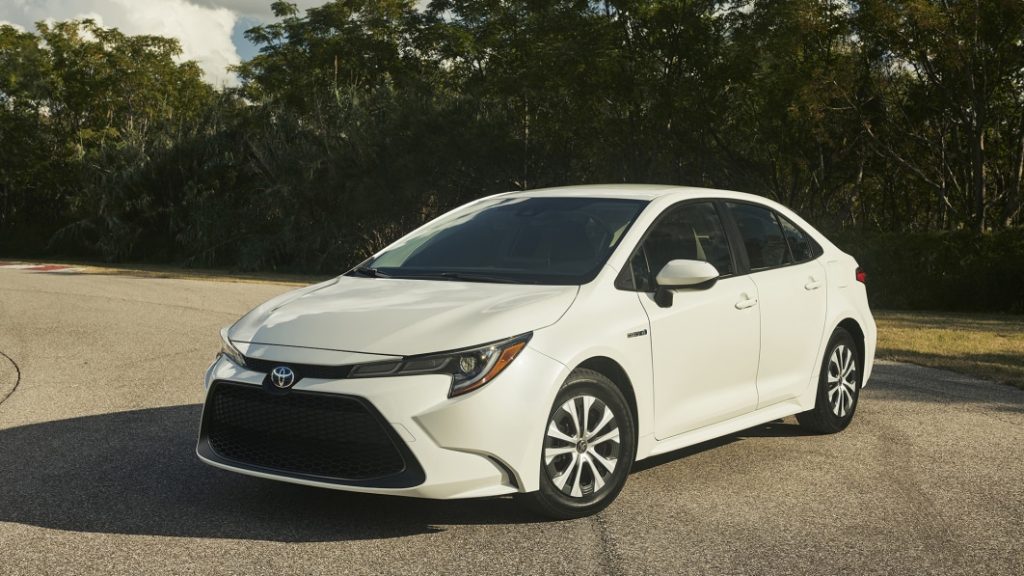Hybrid, EV growth strongest in Mississippi, Hawaii, Utah

While electrified cars remain far more popular on the west coast than anywhere else in America, their market share is growing at a quick pace in some of the country’s more rural regions. Mississippi, Utah, and Wyoming saw surprising increases, according to a recent study.
Website iSeeCars analyzed over 16.3 million sales of one- to five-year-old cars reported between May 2021 and April 2022 and during the 2014 calendar year. It found that the share of electrified cars (a term that groups hybrid, plug-in hybrid and electric models) increased by 240.9% in Mississippi between 2014 and 2022. Hawaii landed in second place with an increase of 116.5%, followed by Utah, Maryland and Wyoming at 97%, 84.3% and 79.1%, respectively. Texas is in seventh place with a 76.9% jump from 2014 to 2022.
Although an increase of nearly 241% is impressive, that statistic doesn’t tell the full story. It brings the share of electrified cars in Mississippi from 0.9% to 3.1%, which remains below the national average of 3.4%. Utah’s stands at 4.5%, while Wyoming’s is at 1.7%. For context, the study pegs California’s average at 8.3%, a 75.2% increase compared to 2014, and Washington state’s at 6.3%, an increase of 65.9%.
Interestingly, the market share of electrified vehicles fell in some states between 2014 and 2022. South Carolina and South Dakota posted a drop of 11.3% and 2.8%, respectively, while Florida’s percentage stayed flat. In those states, electrified vehicles have a share of 1.9%, 1.3% and 2.4%, respectively. Unsurprisingly, states with a higher percentage of electrified cars tend to have a more efficient fleet of vehicles.
Several factors influence the take rate of electrified cars across the nation, including population density, geography and climate. Some are less obvious, however. The study points out that “Hawaii’s higher than average gas prices and island geography, which limits long driving distances, lends itself to electric vehicle ownership,” and that Nissan’s decision to build electric cars in Mississippi may boost local sales. On the other hand, the study notes that electrified cars lost market share in South Carolina partly because there are no purchase incentives and “the state’s economic statistics suggest the higher cost of hybrid and electric vehicles prices them out of reach for many residents.”
Related video:





